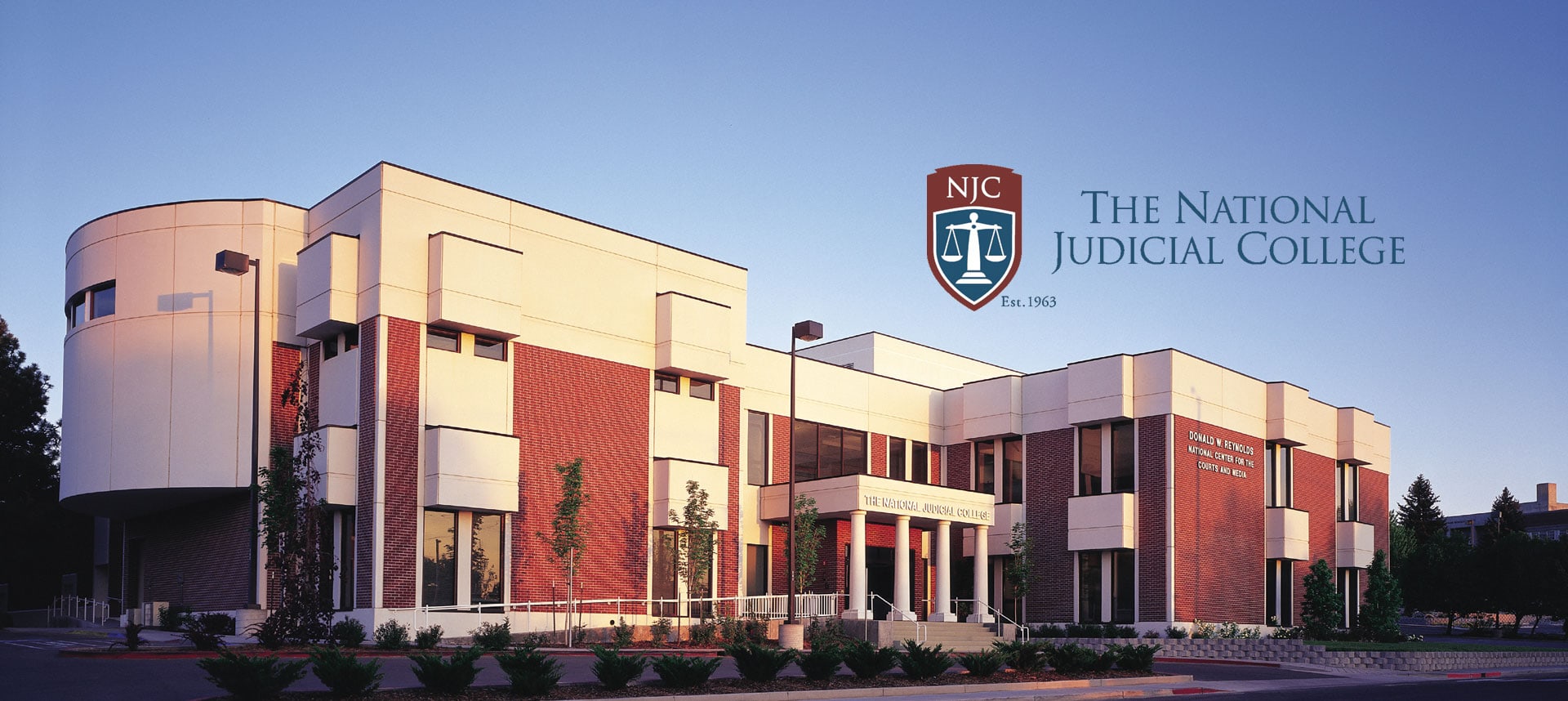By Anna-Leigh Firth
Our May Question of the Month asked NJC alumni whether they think judges should speak out against attacks on judicial independence. Out of the 628 judges who responded, nearly 86 percent said “yes.”
The result comes seven months after another survey of NJC alumni found that more than 90 percent feel judicial independence is being threatened.
In the new survey, various reasons were given by the majority who thought judges should fight back. The consensus among the 220 who left comments seemed to be, “If we don’t do it, who will?”
Wrote one judge, anonymously, as was most often the case:
“If we don’t speak out and educate on the importance of judicial independence, no one else will. We have too many politicians at local, state and national levels who do not understand the role of the courts. It is appalling, but we are the ones who can educate them and the public.”
Others said it is essential to confront the threats posed by the legislative and executive branches. Some mentioned President Trump specifically.
“An independent judiciary is fundamental to our concepts of a representative republic governed by the rule of law rather than the rule of man,” wrote one judge. “Attacks on the judiciary harken back to the days of kings and the Divine Right, claiming that the king’s word was law. We as a nation opposed the idea that one man had the right to dictate the future of the republic.”
Another judge said attacks on judicial independence erode the separation of powers.
“[W]hen President Trump tries to pack the Supreme Court so they will do his bidding, the judiciary’s check on the executive branch is eroded, and the public’s confidence in the Court and our justice system is likewise eroded.”
Judges also said:
- The bench cannot rely on the executive or legislature branches or the bar to protect judicial independence.
- The policy of electing judges is contributing to the perception that judges are not independent.
- Judges should not address a specific incident but instead use threats to judicial independence as opportunities for civics lessons. Cite historical examples.
- The Model Code of Judicial Conduct permits judges to respond to attacks on judicial independence as part of their duty to improve the administration of justice.
Curiously, several judges in the small minority who voted against speaking out also cited the Model Code.
“As tempting as it is to speak out, we should remain above the fray,” one wrote. “If we allow ourselves to become advocates, we depart from the most important advantage we possess, which is our ability to remain neutral and unbiased and to appear so, despite our personal feelings about issues in the world around us.
“We are very unlikely to change any minds,” the judge added, “and we could ultimately give more credence to the belief that we do not remain independent.”
One compromise suggested was for judges to find a spokesperson to “speak out” on their behalf.
* Each month the College emails an informal, non-scientific one-question survey to its more than 12,000 judicial alumni in the United States and abroad. The results, summarized in the NJC’s Judicial Edge Today, are not intended to be characterized as conclusive research findings.

The Hon. Mary-Margaret Anderson (Ret.), a retired administrative law judge with the California Office of Ad...

Happy October, Gaveliers faithful. Are you loving this or what? No one believed a team made up of judges...


Hon. Diane J. Humetewa, the first Native American woman and the first enrolled tribal member to serve as a ...

Retired Massachusetts Chief Justice Margaret H. Marshall has been selected as the 2024 winner of the presti...